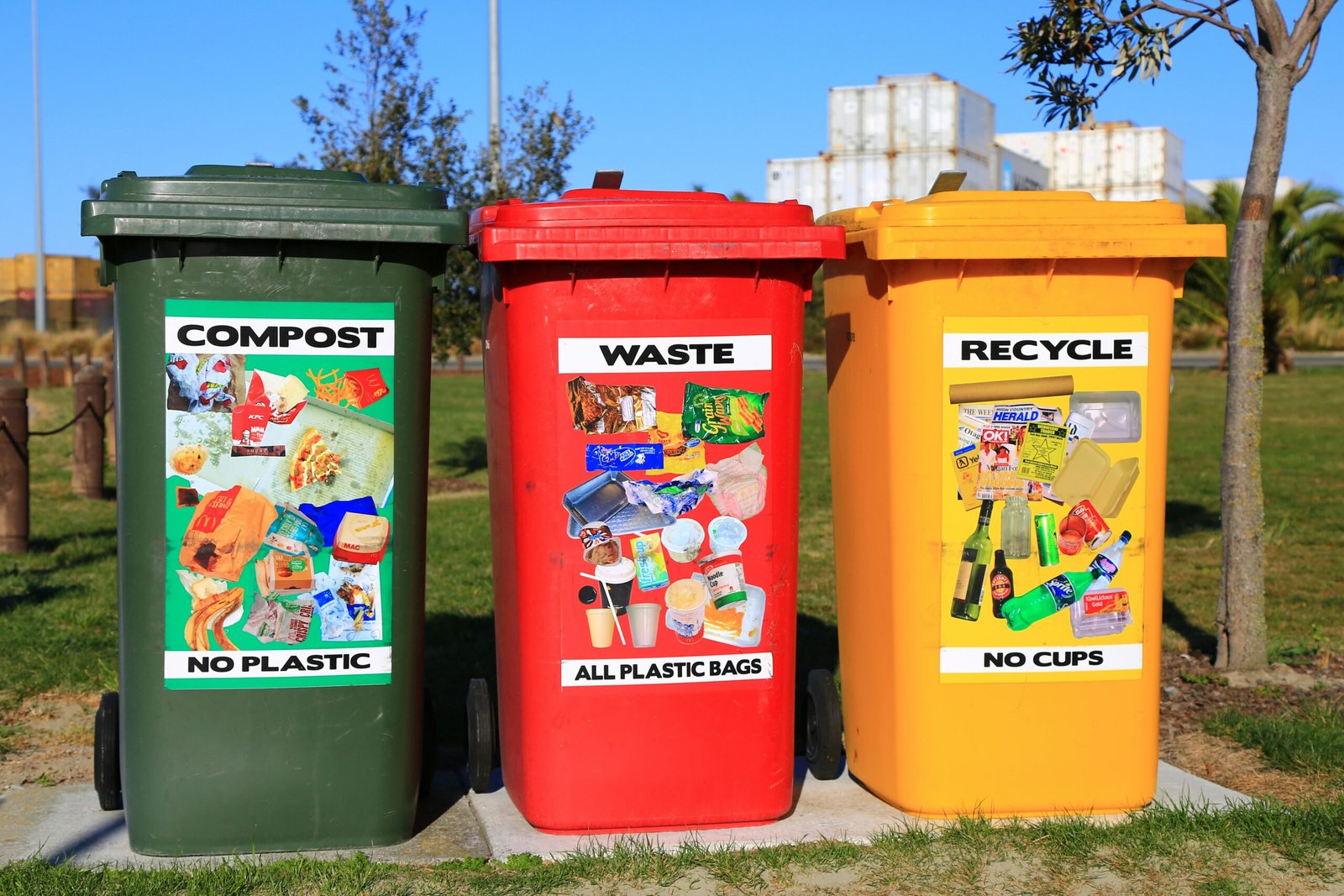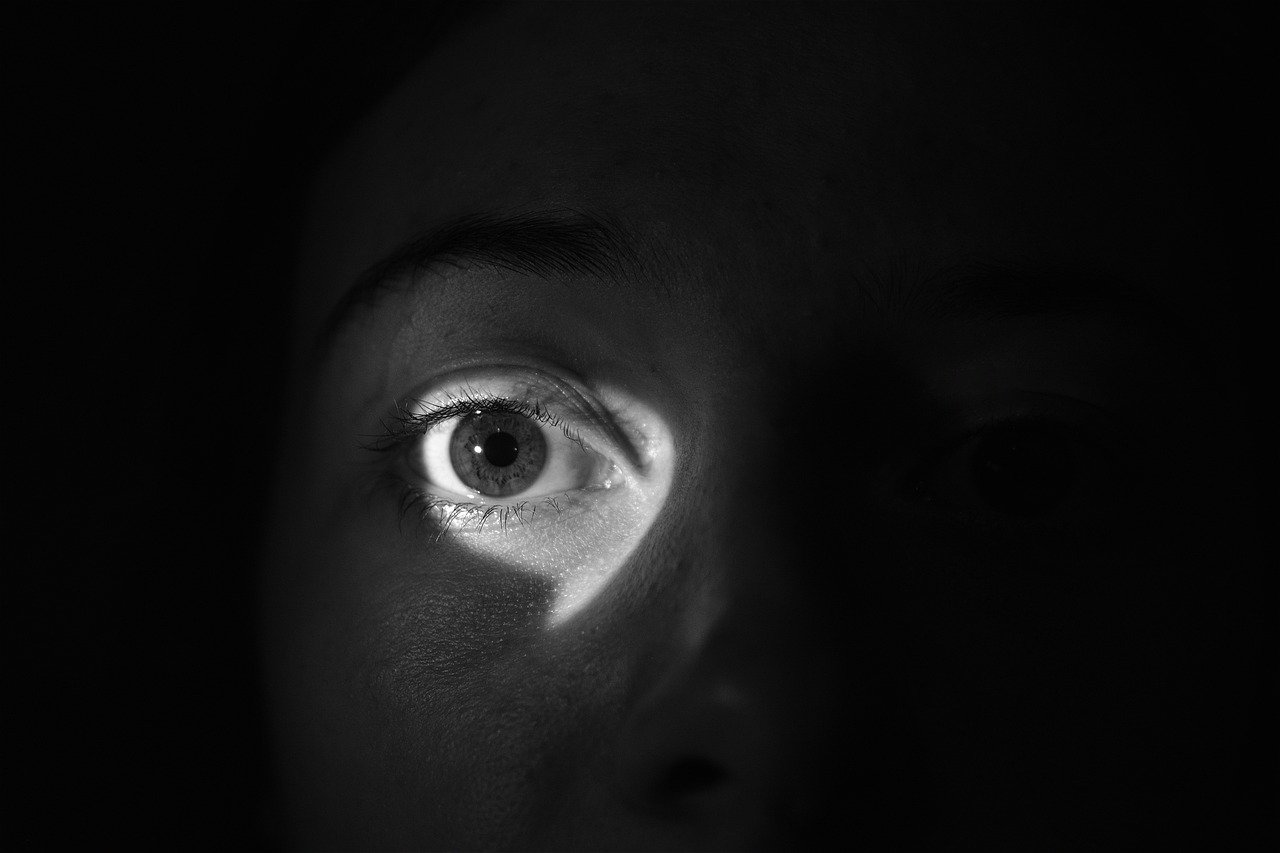
The Rising Cement Axis: Eritrea, Egypt, and Somalia’s Strategic Alliance Against Ethiopia
Introduction to the Regional Dynamics The Horn of Africa, a region of significant geopolitical interest, has long been characterized by complex historical tensions, particularly among Eritrea, Ethiopia, and Egypt. Ethiopia, with its dominant position, has historically influenced the political dynamics within the region, often to the detriment of its neighbors. …
The Rising Cement Axis: Eritrea, Egypt, and Somalia’s Strategic Alliance Against Ethiopia View all >>
